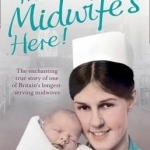
The Midwife's Here: The Enchanting True Story of One of Britain's Longest Serving Midwives
Book
The Sunday Times bestseller 'Delivering my first baby is a memory that will stay with me forever....
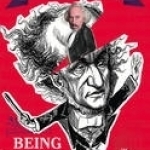
Being Wagner: The Triumph of the Will
Book
Simon Callow plunges headlong into Wagner's world to discover what it was like to be Wagner, and to...
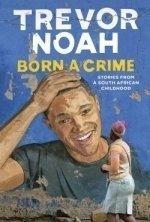
Born a Crime: Stories from a South African Childhood
Book
The compelling, inspiring, (often comic) coming-of-age story of Trevor Noah, set during the twilight...
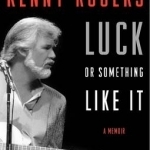
Luck or Something Like it: A Memoir
Book
For more than half a century, Kenny Rogers has been recording some of the most revered and beloved...
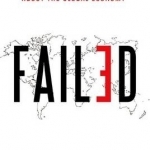
Failed: What the Experts Got Wrong About the Global Economy
Book
Why has the Eurozone ended up with an unemployment rate more than twice that of the United States...
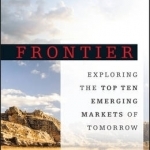
Frontier: Exploring the Top Ten Emerging Markets of Tomorrow
Book
Get ahead of emerging markets with top-performer picks for up-and-comers Frontier helps investors...
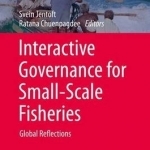
Interactive Governance for Small-Scale Fisheries: Global Reflections
Svein Jentoft and Ratana Chuenpagdee
Book
Drawing on more than 30 case studies from around the world, this book offers a multitude of examples...
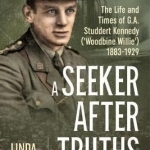
A Seeker After Truths: The Life and Times of G. A. Studdert Kennedy ('Woodbine Willie') 1883-1929
Book
Geoffrey Studdert Kennedy became one of the most famous army chaplains of the First World War,...
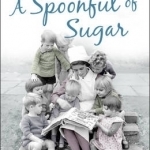
A Spoonful of Sugar
Book
'They say you can never truly love a child that is not your own, but that goes against every...
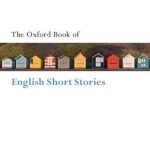
The Oxford Book of English Short Stories
Book
The Oxford Book of English Short Stories , edited by A. S. Byatt, herself the author of several...